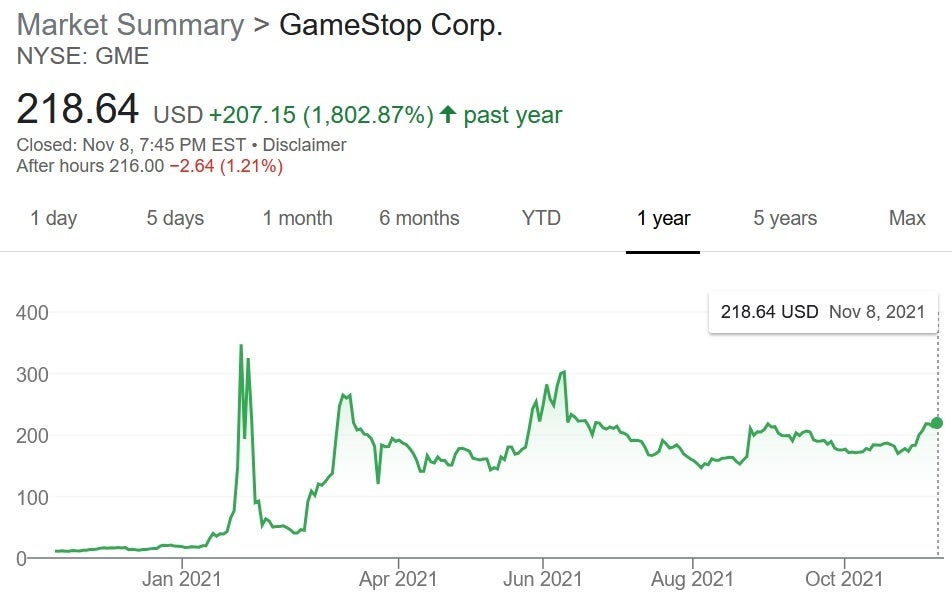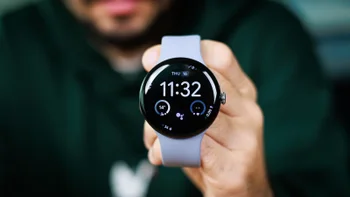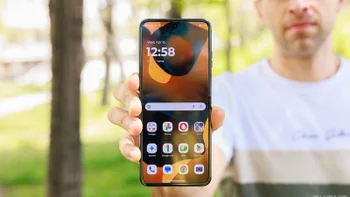Robinhood stock trading platform is hit by a data breach; attacker attempts to extort the company

According to CNN, the Robinhood app suffered a huge crash. No, the stock market didn't tank sharply, but the stock, option, and crypto trading platform announced that it had been hit by a data breach earlier this month. The attack took place on November 3rd allowing the attacker to steal the email addresses of five million Robinhood customers and full names for another two million subscribers.
Robinhood, the company that offers commission-free stock and options trading, suffers a data breach
In a statement, Robinhood said that 310 people had their names, dates of birth, and zip codes exposed. Ten customers had "more extensive account details revealed," Robinhood said without revealing further details. The company added in the statement that "We believe that no Social Security numbers, bank account numbers or debit card numbers were exposed and that there has been no financial loss to any customers as a result of the incident."

GameStop shares have taken novice investors on a roller coaster rise
The bad actor was able to access the trading platform's customer service system by pretending to be a customer service employee while on the phone. Even though Robinhood stopped the data breach from being worse than it was, the company said that the attacker demanded an extortion payment. Robinhood said that it informed law enforcement about the attack but it did not say whether it gave in to the extortion demands.
Caleb Sima, Robinhood's chief security officer, made his own statement during which he said, "As a Safety First company, we owe it to our customers to be transparent and act with integrity. Following a diligent review, putting the entire Robinhood community on notice of this incident now is the right thing to do." Along with security firm Mandiant, Robinhood continues to investigate while making "appropriate disclosures to affected people."
Robinhood's shares (which trade on NASDAQ under the symbol "HOOD") rose 97 cents or 2.62% to $37.98 during regular trading hours on Monday. After the bell rang, the stock dropped $1.29 or 3.4% to $36.69.
The Robinhood app (iOS, Android) allows subscribers to buy and sell stocks and options without paying a commission for each transaction. That is why the app played a big role earlier in the year when novice investors who couldn't tell the difference between common stock and livestock created a short squeeze in stocks like GameStop. In a six-month period, GameStop shares went from $4 to $413 creating huge losses for the hedge funds that had shorted the stock and were forced to buy it back.
Selling a stock short is the opposite of buying low and selling high. Investors borrow shares that they don't own and sell them. This is done using a margin account which amplifies the leverage.
With a short sale, the investor profits when the stock falls allowing him to buy back the shares that were sold at a lower price. The borrowed stock is returned to the lender, and the difference in the buy and sell price pocketed.
Since huge amounts of money are at risk, shorting stock is a game for professionals and hedge funds. But if a large number of a company's shares are sold short, it creates future demand for the stock since those shares must be bought back eventually.
The goal was for small investors to force rich hedge-fund types to cover their short sales at huge losses
And if you get a large group of investors buying and selling on Robinhood who are all following recommendations posted on social media, it forces the pros to cover their shorts by buying the stock. And if there is one thing that a hedge fund manager hates, it is losing money.
These funds had heavy exposure on the short side to GameStop, BlackBerry (once a Wall Street darling), Nokia, and others. To prevent its customers from potentially losing their shirts (pants, and phones), Robinhood eventually banned its subscribers from trading the aforementioned shares. This led these stocks to decline bathing Robinhood members in red ink.
The roller coaster took many new investors for a ride. GameStop rose from less than $20 to over $400 in about five weeks. Less than a month later it was back down below $100. The shares hit $300 in June and now trade at $218.
Follow us on Google News













Things that are NOT allowed:
To help keep our community safe and free from spam, we apply temporary limits to newly created accounts: